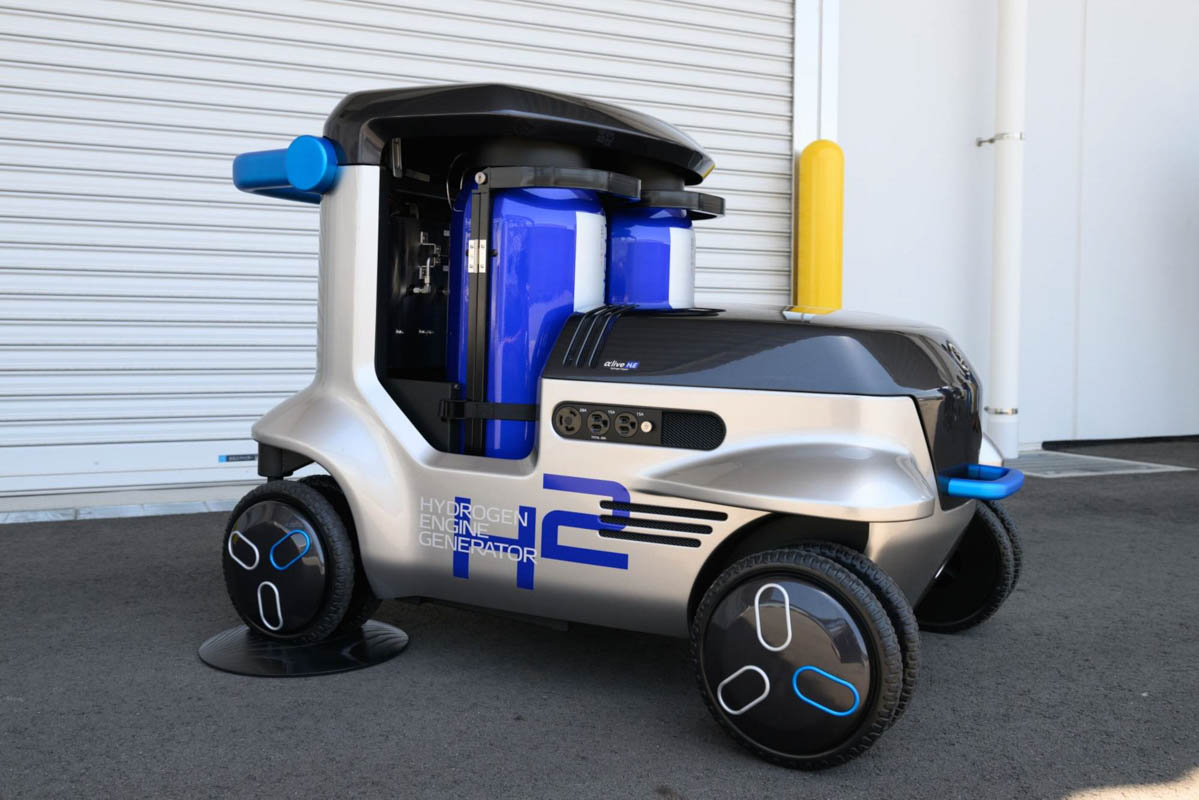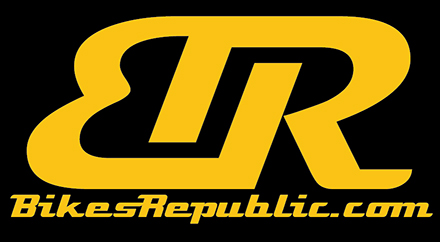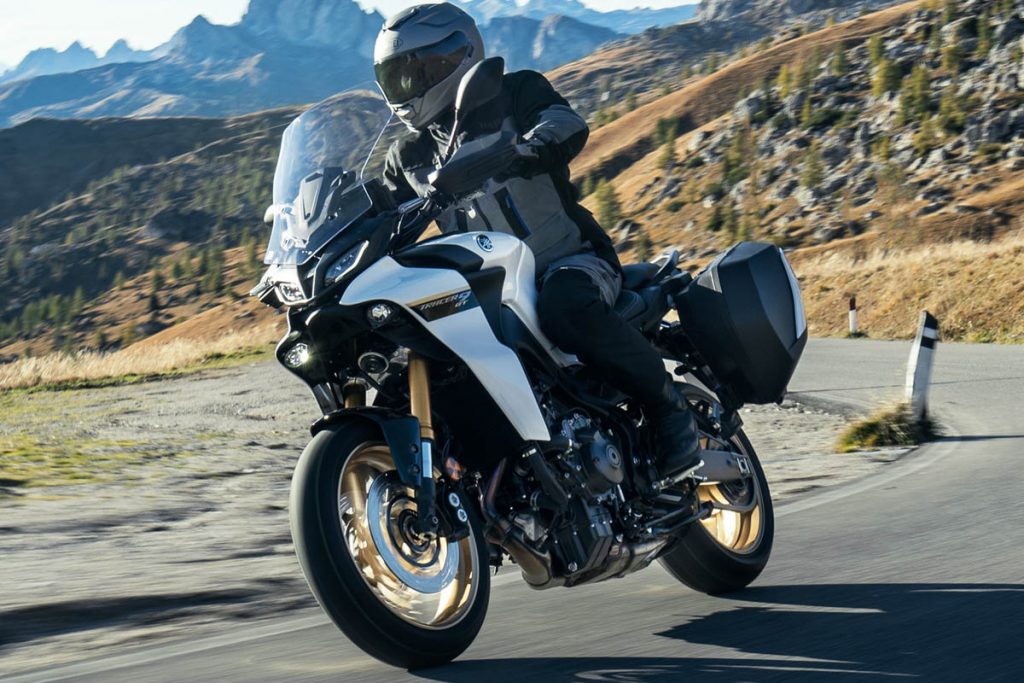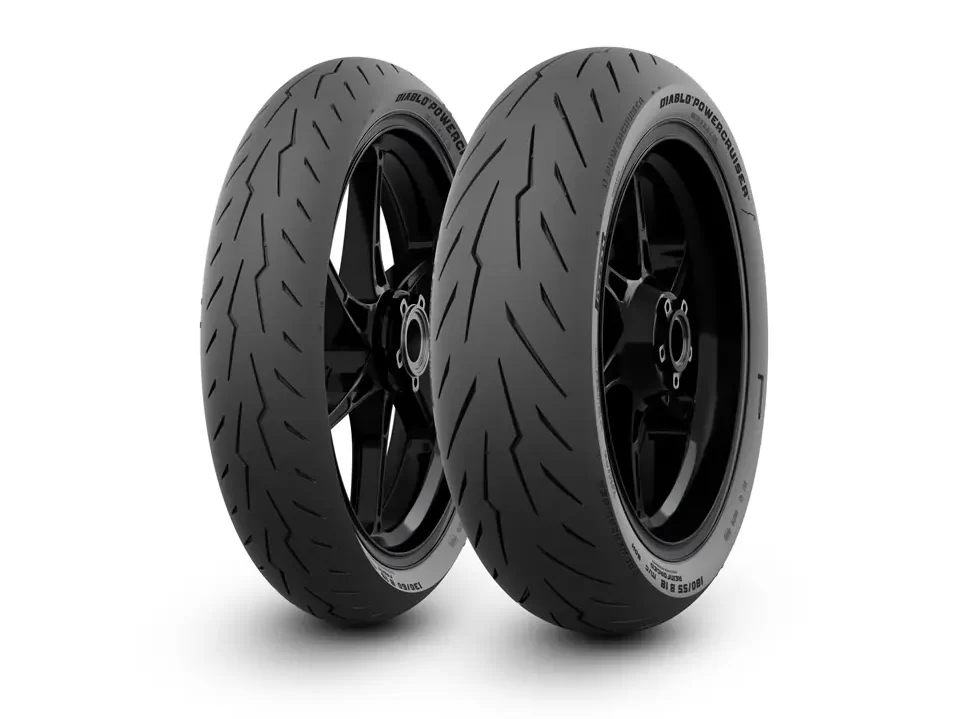In a world where electric vehicles dominate the automotive and motorcycle industries, Yamaha Corporation is taking a different approach by exploring the potential of hydrogen as an alternative to gasoline engines.
- Yamaha remains open-minded about the future of mobility despite acknowledging the growing popularity of electric motorbikes and scooters in European and Asian markets.
- Yamaha aims at finding different alternatives than electric mobility.
Yamaha’s efforts in the electric space are evident, with significant investments in the development of electric powertrains and battery technology. However, the Japanese company is simultaneously focusing on its e-fuel program, aiming to find multiple alternatives to traditional internal combustion engines.
In an interview with the Japan Times, Yamaha President and CEO, Yoshihirro Hidaka, emphasized the importance of keeping a wide range of possibilities open to achieve carbon neutrality. Hidaka stated, “We would like to keep many possibilities – opportunities – to achieve carbon neutrality.”

Among the potential alternatives being explored by Yamaha is hydrogen. While electric vehicles have gained widespread appeal, the potential of hydrogen can often be overlooked. Yamaha’s vision for hydrogen power involves preserving the internal combustion engine. Hidaka mentioned, “Among Japan’s two-wheeler manufacturers, there were hardly any testing hydrogen in addition to electric technology, so we took the lead and built the facility to test battery technology and hydrogen, as well as carbon-neutral fuel.”
Yamaha has prior experience with hydrogen-powered combustion engines, having collaborated with Toyota to develop the engine for the world’s first liquid-cooled hydrogen race car. In May 2023, the Toyota Corolla H2 Concept successfully completed a 24-hour endurance event at the Fuji International Speedway, a groundbreaking achievement in both the automotive sector and the world of motorsports.
However, despite its potential, hydrogen fuel does come with some drawbacks. Currently, it is not as fuel-efficient as traditional gasoline. Additionally, the infrastructure for compressing hydrogen and refueling vehicles is not as widespread as electric vehicle chargers, making it a niche technology for now.
Nevertheless, it is worth noting that electric vehicles were once considered niche as well, and they have rapidly gained acceptance worldwide within a few years.
















